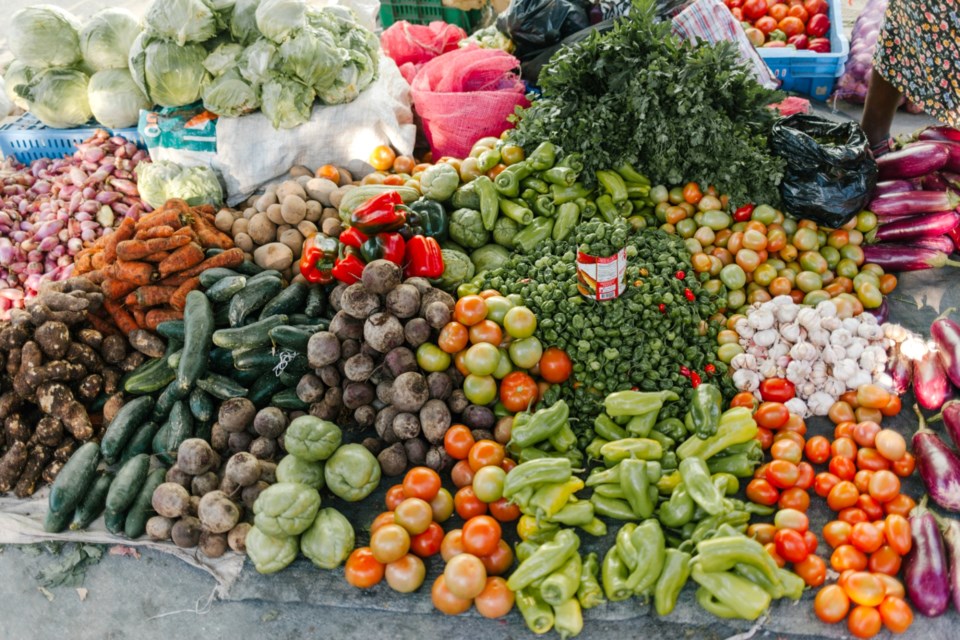Food security researchers, growers and innovators are coming together for a three-year-project studying local food supply.
Collège Boréal, the Northern Ontario Farm Innovation Alliance (NOFIA), the Rural Agri-Innovation Network (RAIN), the Greater Sudbury Food Policy Council (GSFPC), and the Thunder Bay and Area Food Strategy (TBAFS) have partnered to develop a research project to study local food supply processes in Northern Ontario communities.
The three-year project, which runs until May 31, 2026, will help identify barriers to local food supply for this vast region’s producers, processors and buyers. A release from the partners states this project will also develop and test processes that will bridge the gap between these stakeholders while promoting an economically sustainable food production chain and providing the current and future workforce with knowledge about local food sourcing.
“This project allows Collège Boréal to use its research expertise, facilities and extensive network of partners to study a specific issue affecting all Northern Ontarians,” said Sabine Bouchard manager of Research and Innovation at Boréal, in the release. “Ultimately, the results of this research will help reduce the environmental impact of transporting our food and stimulate the economies of our regions through new opportunities for local food supply.”
An investment of nearly $360,000 from the Natural Sciences and Engineering Research Council of Canada (NSERC) will allow the project’s partners to be better equipped to assist local producers and processors in gaining easier access to buyers in their region, said a release from the groups. They will also provide practical solutions to the challenges of local food supply in Northern Ontario.
“We are very pleased to be collaborating with Collège Boréal once again,” said Emily Seed, executive director, Northern Ontario Farm Innovation Alliance. “By studying place-based local food procurement interventions and identifying areas for future development to fill gaps in the supply chain, we hope to nurture the growth of local businesses while cultivating a future where bountiful harvests and sustainable agri-food products in Northern Ontario flourish.”
In Sudbury, the project will contribute information to the Greater Sudbury Food Policy Council's post-COVID analysis of the food system. “Local/regional producer-processor-buyer chains are key components of an equitable and sustainable system,” said Mairi Best, co-chair of the council. “Our collaboration and communication amongst food system components, across businesses, community organizations, individuals, and government, will benefit from this initiative.”
